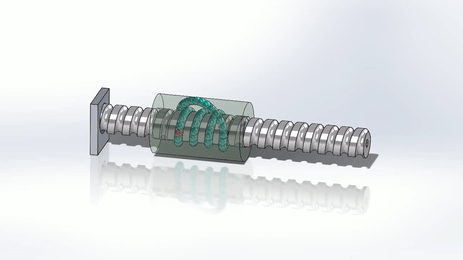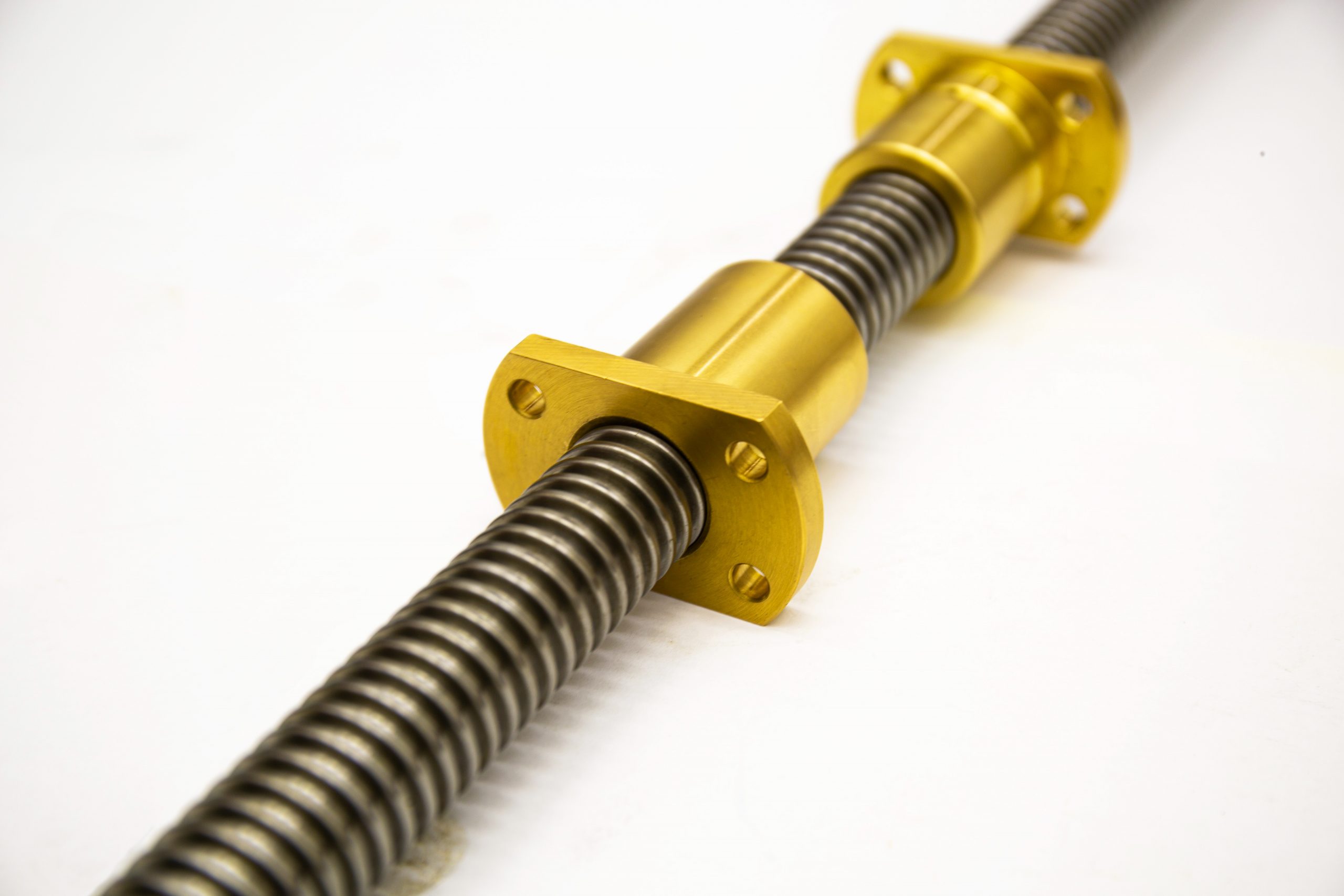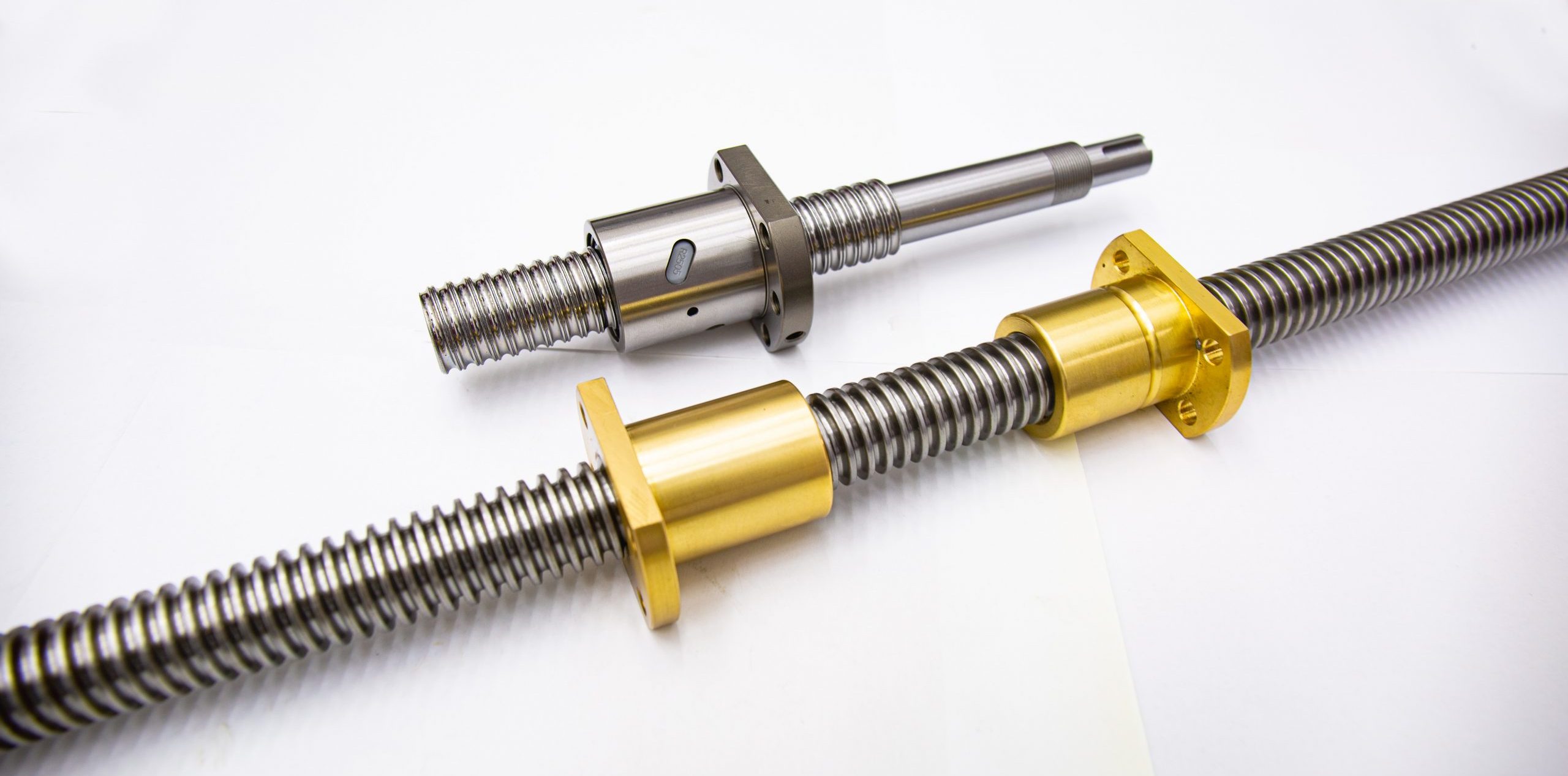A Guide to Measuring and Selecting the Correct Ball Screw Size
Introduction:
Ball screws play a crucial role in many automation systems, offering high precision and efficiency in linear motion systems. Choosing the correct ball screw size is essential for ensuring optimal performance and longevity of your machinery. In this article, we will guide you through the process of measuring and selecting the right ball screw size. We will also highlight the brand, STAF, as a trusted provider of high-quality ball screws.
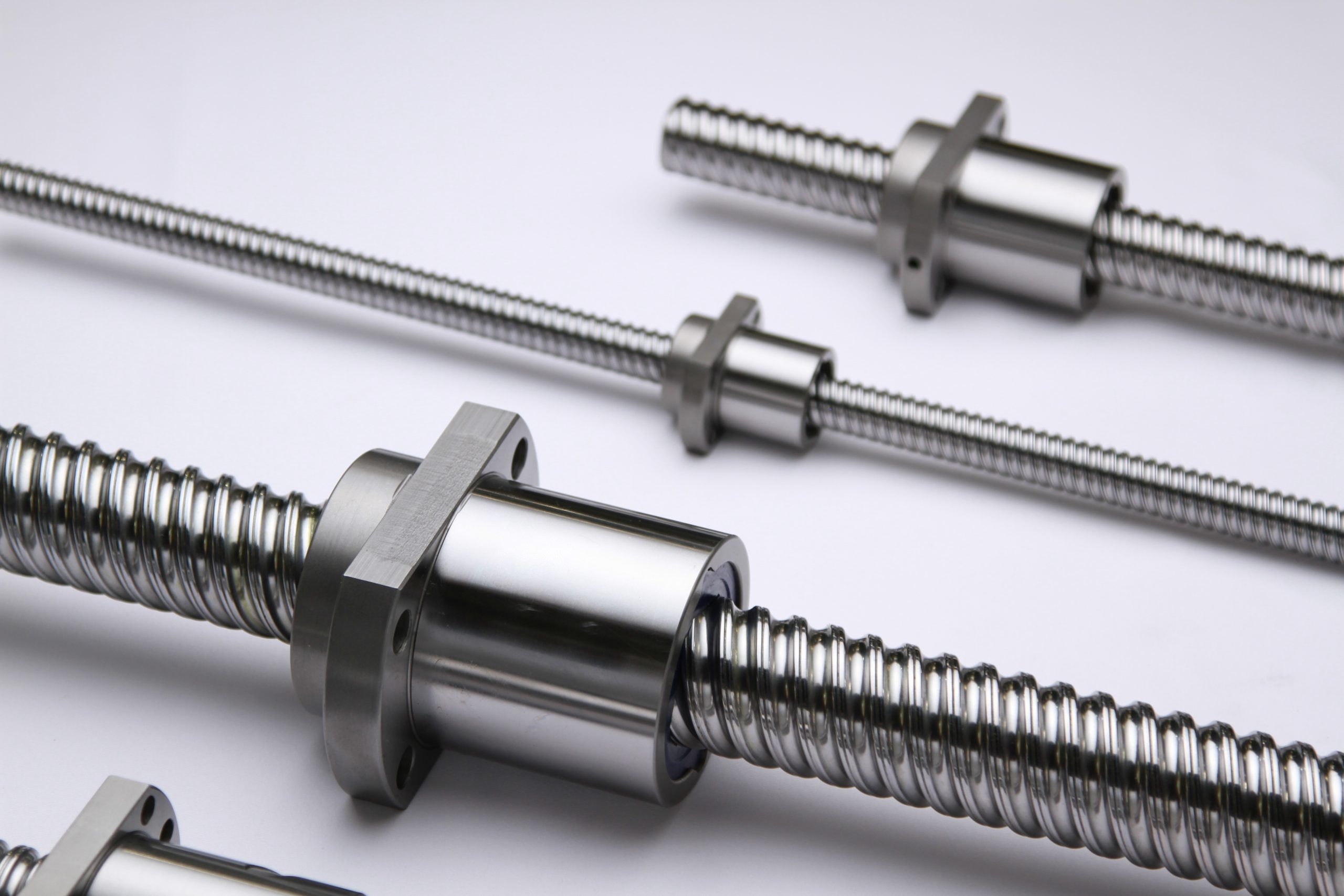
-
Determine the Ball Screw Size: Ball screws come in various sizes and configurations, each designed to meet specific load, speed, and accuracy requirements. Key parameters to consider when measuring and selecting the correct size include the diameter, lead, and nut type.
- Diameter: The ball screw diameter refers to the size of the screw shaft. Larger diameters offer higher load-carrying capacities. Smaller diameters are suitable for applications with lower loads and where compactness is desired.
- Lead: The lead represents the distance the nut travels in one complete revolution. It determines the speed and efficiency of linear motion. Higher leads provide faster travel speeds, while lower leads offer finer resolution and increased precision.
- Nut Type: There are various ball screw nut types available, such as flanged, cylindrical, and compact designs. The nut type should be chosen based on factors like space constraints, mounting requirements, and load capacity.
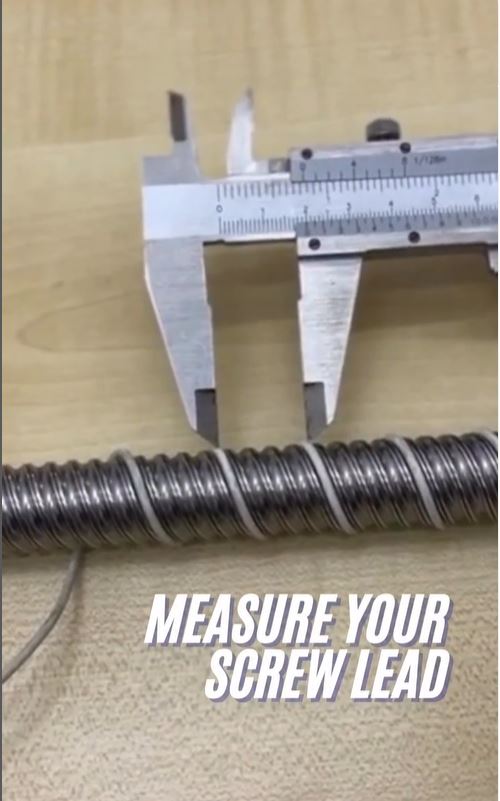
Image 1: A picture showing how to measure ball screw lead
2. Measuring Requirements: To determine the correct ball screw size for your application, consider the following parameters:
- Load Capacity: Calculate the maximum load that the ball screw will need to support. Consider both static and dynamic loads, as well as any additional forces or moments acting on the system. With this you can select the right ball screw diameter.
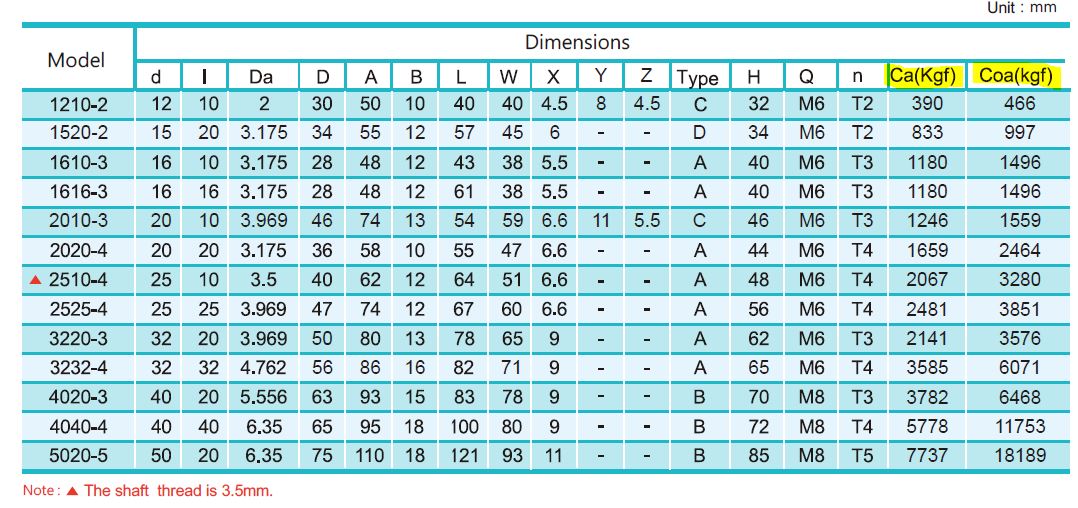
Image 2: Ball screw table from STAF catalogue highlighting the basic load ratings columns for Ball screw type FSC.
- Speed and Acceleration: Evaluate the required travel speed and acceleration for your application. This will help determine the appropriate lead and nut type, as well as the critical speed to avoid resonance issues.
- Accuracy and Backlash: Define the desired level of precision and minimize backlash, which is the play or clearance between the screw and nut. Higher precision applications may require special nut designs or preloading mechanisms. Rolled ball screws are usually of standard precision, C7, while ground ball screws are of higher precision, C5 or C3, C0.
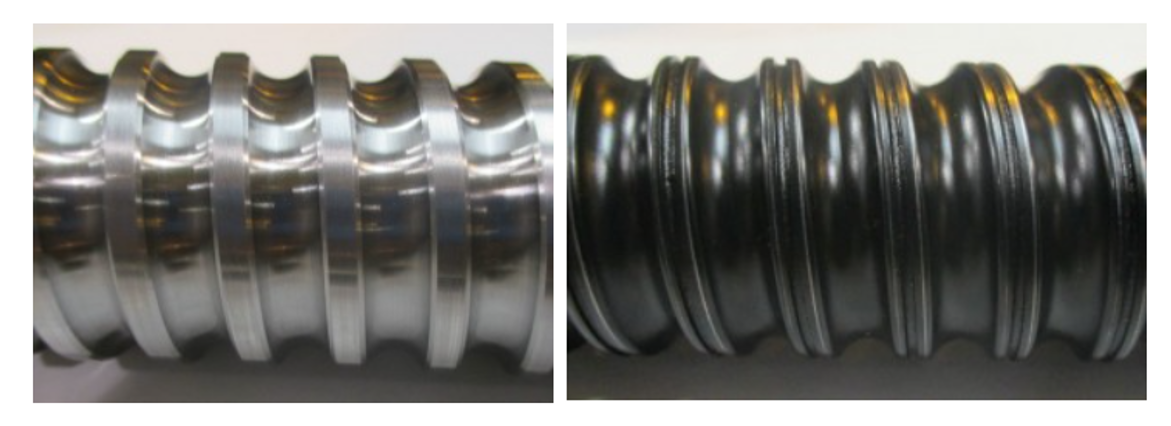
Image 3: [LEFT] Ground Ball screw. [RIGHT] Rolled Ball Screw
Awarding-winning, high quality ball screws from STAF (Taiwan)
When it comes to selecting a reliable ball screw brand, STAF stands out as a trusted provider of high-quality products in Asia. STAF offers a wide range of ball screw options, including precision-ground and rolled ball screws, to meet diverse industrial needs. They are known in Taiwan as the No.1 in linear motion technology.
STAF ball screws incorporate self-developed nanotechnology and stringent quality control processes to ensuring consistent performance and reliability. Their products are designed to deliver long-lasting, smooth and precise linear motion, resulting in improved machine performance and reduced maintenance. In 2023, STAF has just opened a brand new bigger IoT facility in Daxi to cater to the growing demand.
STAF and Shafttech
Due to Shafttech’s large presence in Southeast Asia (SEA), we were awarded SEA distributorship by STAF in 2015. Since then, this partnership has provided comprehensive technical support and application engineering expertise to assist customers in selecting the right ball screw size for their specific requirements. With the support of our customers globally, Singapore and Malaysia has become a hub for STAF in terms of stock inventory. This dedication to customer satisfaction sets STAF apart as a reliable partner in the field of linear motion systems.
Conclusion:
Selecting the correct ball screw size is crucial for achieving optimal performance and longevity in your linear motion system. By understanding the parameters involved, considering load capacity, speed requirements, and precision levels, you can make an informed decision. It is also important to purchase from reputable brands like STAF, which offer high-quality ball screws and expert support. With the right ball screw size, you can ensure smooth, precise, and efficient linear motion in your applications.
(Note: This article is for general applications. It is important to consult manufacturers’ guidelines and technical specifications when selecting ball screws for specific applications.)
If you want to know how to find a suitable replacement for an existing ball screw, check out this video!
